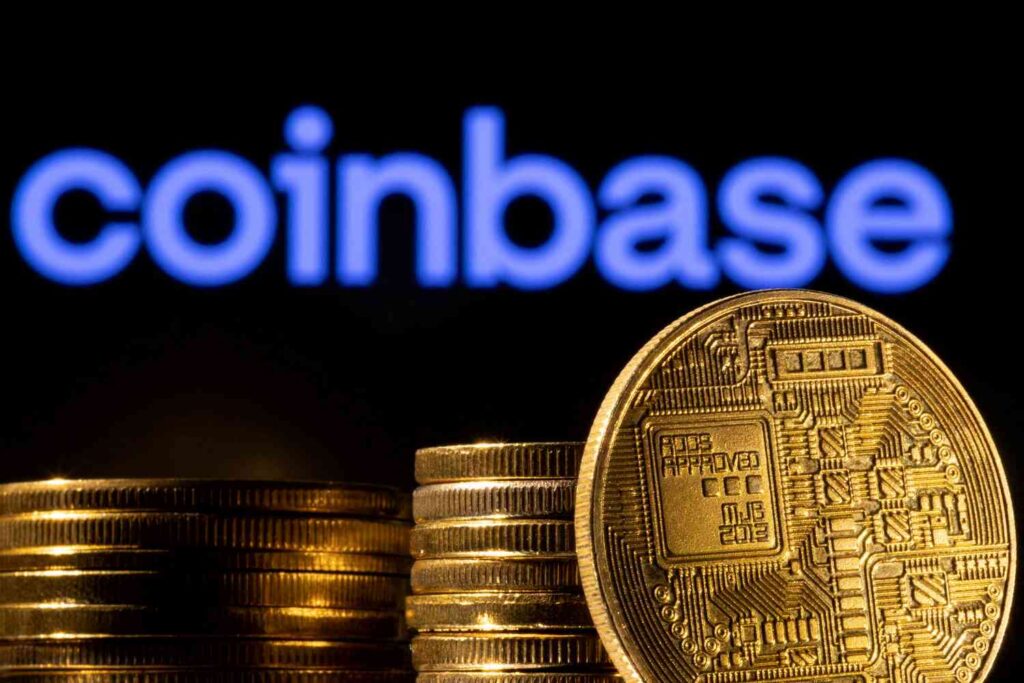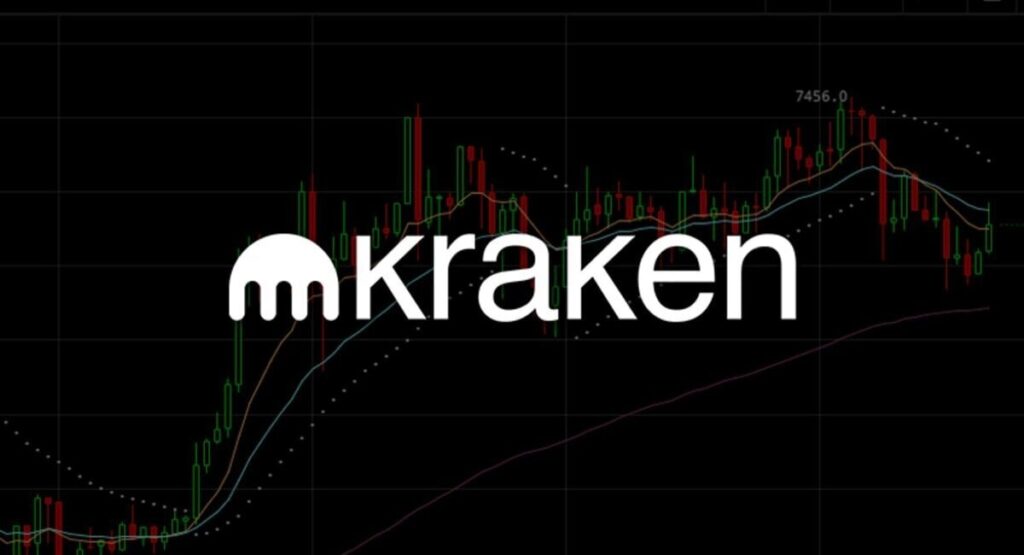Desk of Contents:
- Key Variations between CEX & DEX
Cryptocurrency has become a global phenomenon. Millions of people exchange digital resources daily. Centralized Exchanges (CEX) and Decentralized Exchanges (DEX) are the heart of these transactions because they enable users to buy, sell, or trade crypto. The choice of exchange can greatly affect one’s trading experience either by its speed or security as well as being user-friendly.
As cryptocurrency becomes popular among more and more individuals, a dilemma arises. Should you use centralized exchanges (CEXs) or decentralized exchanges (DEXs) for transactions? Both have their unique strengths and weaknesses hence it is important to know their differences to make informed choices. In this blog, we will explain how CEXs and DEX work, their key differences, and the pros and cons so that you can find your way in this fast-growing market.
What are Centralized Exchanges (CEX)?
Centralized Exchanges (CEXs) are trading platforms operated by centralized organizations that act as intermediaries between buyers and sellers. These exchanges are custodial, meaning they hold users’ funds in their wallets while transactions take place.
How CEXs Work?
Users deposit their funds into the exchange, and this platform takes care of these assets. The centralized exchange manages the trading process, order matching, and execution of transactions. Users depend on the infrastructure offered by the exchange to enable them to execute trades securely.
Popular Examples:
Some of the most well-known centralized exchanges include:
Source: punchng.com
Binance: Famous for its high liquidity and extensive range of trading pairs.

Source: forbes.com.br
Coinbase: Known for its user-friendly interface, making it ideal for beginners.

Source: coincodex.com
Kraken: Offers advanced trading tools and margin trading, appealing to more experienced traders.
What are Decentralized Exchanges (DEX)?
Decentralized Exchanges (DEXs) allow users to trade directly with each other without the need for an intermediary. DEXs operate using blockchain technology and smart contracts, enabling trustless and peer-to-peer transactions.
How DEXs Work?
Since users maintain ownership of their assets during the whole trading process, DEXs are classified as decentralized exchanges as opposed to centralized exchanges. Automated smart contracts are used to process transactions based on parameters given by users like price and amount of asset.
Popular Examples:
Some of the most prominent DEXs include:

Source: academy.binance.com
Uniswap: Built on the Ethereum blockchain, known for its role in pioneering automated liquidity pools.

Source: Vestoportal.com
PancakeSwap: Operates on Binance Smart Chain, offering lower transaction fees and faster trades compared to Ethereum-based DEXs.

Source: koinx.com
SushiSwap: Another Ethereum-based DEX with additional features like yield farming and staking.
When choosing between CEXs and DEXs, it’s essential to understand the fundamental differences that impact usability, security, and fees. Now, let’s explore the key differences between CEX & DEX.
Key Differences Between CEX and DEX:
| Feature | CEX | DEX |
| Security | Custodial, prone to hacks and centralized risks | Non-custodial, users control funds, fewer hacks |
| Ease of Use | User-friendly, great for beginners | Requires more technical knowledge |
| Liquidity | High liquidity, fast order matching | Often lower liquidity, especially for smaller tokens |
| Fees | Usually higher fees, including withdrawal fees | Lower fees, particularly on certain blockchains |
| Decentralization | Controlled by a central authority | Completely decentralized, no middleman |
| Regulation | Often comply with regulations (KYC/AML) | Limited regulation, more privacy |
| Speed | High-speed transactions due to centralized servers | Slower due to blockchain confirmation |
| Fiat Integration | Supports fiat trading and withdrawals (e.g., USD, EUR) | Primarily crypto-to-crypto trading |
In the crypto world, everything has its two sides. Advantages always come with some disadvantages. And it is the same with CEX & DEX.
Pros and Cons of Centralized Exchanges (CEX) & Decentralized Exchanges (DEX):
Centralized Exchanges (CEX):
Pros:
1. High Liquidity:
Centralized exchanges (CEXs) typically have better liquidity that enables fast and efficient trade execution which is necessary when traders want to buy or sell large volumes without slippages.
2. User-Friendly:
Most CEX platforms are designed for beginner traders with user-friendly interfaces and simple navigation while providing customer support for those who encounter problems.
3. Fiat Support:
Fiat currency deposits are also possible on centralized exchanges allowing even the most inexperienced users to start trading cryptocurrencies immediately after registering their accounts with banks. Hence, they enable instant fiat-crypto conversions.
4. Advanced Features:
As a result of this many CEX sites offer two main types of trading ways, margin trading and futures contracts, among others, these are attractive to most traders who have been in the game for a long.
Cons:
1. Security Risks:
Since CEXs hold users’ funds, they are common targets for hackers. Some instances of major ‘hacks’ include Mt. Gox and Coincheck which have caused massive losses to traders.
2. Custodial Control:
Users of CEXs don’t possess their private keys thus making them vulnerable to whatever protective measures taken by the exchange.
3. Regulation & KYC:
Centralized exchanges have to meet numerous regulatory requirements including Know Your Customer (KYC) and Anti-Money Laundering (AML) regulations which affect the degree of privacy and anonymity that these crypto traders enjoy.
4. Increased Charges:
In general, CEXs are known for their exorbitant fees on transactions, withdrawals as well as deposits, this translates into lesser profits for traders.
Decentralized Exchanges (DEX):
Pros:
1. User Control:
DEX allows the owner complete control of his funds and private keys, hence there is a reduced probability of theft arising from exchange hacks.
2. Privacy:
There are no KYC procedures at DEXs; thus allowing for anonymous and private trading sessions.
3. Lower Fees:
Many decentralized exchanges, especially those built on efficient blockchains such as Binance Smart Chain, offer lower transaction fees than their centralized counterparts.
4. Decentralization:
DEXs are controlled by smart contracts that work without a central authority which makes them operate in a more trustless and transparent trading environment.
Cons:
1. Reduced Liquidity:
Compared to CEXs, most DEXs have diminished liquidity thus making it hard for users to trade huge amounts of cryptocurrency without raising their market prices.
2. Complicated Technology:
Generally speaking, DEXs provide more complicated user experiences as they require an understanding of wallets, private keys, and blockchain transactions. This could be difficult for someone new to this area.
3. Lengthy Trade Execution:
Since DEXs depend on blockchain confirmations, they can be slower in executing trades than CEXs whose centralized servers cater to quick processing meaning users have to convert their fiats into cryptocurrencies on an external platform and then move to a DEX.
When to Choose CEX or DEX?
When should one consider using CEX?
- In case you’re a beginner looking for a platform that is simple to use with support services.
- If you are planning to convert fiat money into cryptocurrency or vice versa.
- If you need advanced trading features like margin or futures trading.
- If you require fast, high-liquidity trading for larger volumes.
When Should One Consider Using DEX?
- If you prioritize control over your funds and security through non-custodial trading.
- If privacy and anonymity are important to you.
- If you are comfortable with blockchain technology and want lower transaction fees.
- If you’re trading smaller altcoins or tokens not listed on CEXs.
The Future of CEX and DEX:
As the cryptocurrency market continues to evolve, the lines between centralized and decentralized exchanges are beginning to blur. Hybrid exchanges, which combine the liquidity and user-friendliness of CEXs with the security and decentralization of DEXs, are emerging as a new trend.
Moreover, decentralized finance (DeFi) is expanding rapidly, with new innovations like Layer 2 scaling solutions poised to improve the speed and efficiency of DEXs. However, the increasing regulation of centralized exchanges may drive more users toward DEXs in search of privacy and control over their funds.
Conclusion
Both Centralized Exchanges (CEX) and Decentralized Exchanges (DEX) have their advantages and disadvantages, making them suitable for different types of traders. If you’re new to crypto or require fast, liquid trades, a CEX may be the better option. On the other hand, if you prioritize privacy, security, and control over your assets, a DEX is worth exploring.
Ultimately, the choice between a CEX and a DEX depends on your individual needs, trading goals, and risk tolerance. Regardless of which type of exchange you choose, always prioritize security and carefully research the platform before trading.
For further updates related to Web3, subscribe to our newsletter!
You might also like
More from Web3
America’s Biggest Banks Consider Teaming Up to Challenge $245B Stablecoin Market: WSJ
Briefly Main U.S. banks, together with JPMorgan and Financial institution of America, are reportedly exploring a shared stablecoin challenge. The transfer …
Avalanche surges 11% to $25 after FIFA unveils blockchain and VanEck eyes fund
Avalanche’s native token, AVAX, is gaining momentum within the present crypto market surge, buoyed by contemporary institutional exercise and …












